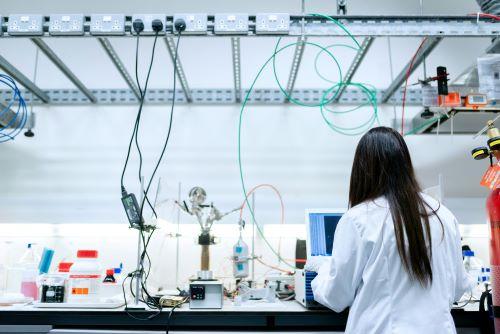Recent Article on Inclusive and Evidence Based Approach on Geoengineering
A recent article published by the magazine WIREs Climate Change titled "Toward an evidence-informed, responsible, and inclusive debate on solar geoengineering: A response to the proposed non-use agreement" discusses the rising interest and controversy around solar geoengineering (SG), which involves methods like spraying reflective aerosols in the atmosphere to mitigate global warming. The authors critique the proposed non-use agreement (NUA) that calls for banning SG research and deployment, arguing instead for a balanced and informed debate.
Key points include:
- Contextual Assessment: The authors emphasise assessing SG in the broader context of climate risks and responses, noting that SG could complement emissions cuts and adaptation efforts, although it carries its own risks and uncertainties.
- Research vs. Deployment: They distinguish between the risks of researching SG and those of deploying it. The NUA conflates these, leading to overly broad prohibitions that could hinder valuable research.
- Need for Research: Highlighting uncertainties in SG’s potential impacts, the authors advocate for continued research to inform policy decisions and public debate, arguing that the current knowledge deficit hinders effective climate action.
- Normalization of SG: The authors argue that normalising SG through research and public discourse can lead to better governance and informed decisions, rather than pre-emptively rejecting it based on unproven risks.
- Inclusive Global Dialogue: They call for broader participation in SG research and debate, especially from the Global South, to ensure diverse perspectives and equitable governance.
In conclusion, the authors assert that an evidence-based, responsible, and inclusive approach to SG is essential. Prematurely shutting down SG research could increase climate risks and undermine informed decision-making, particularly for vulnerable populations.
You can read the full article here.

